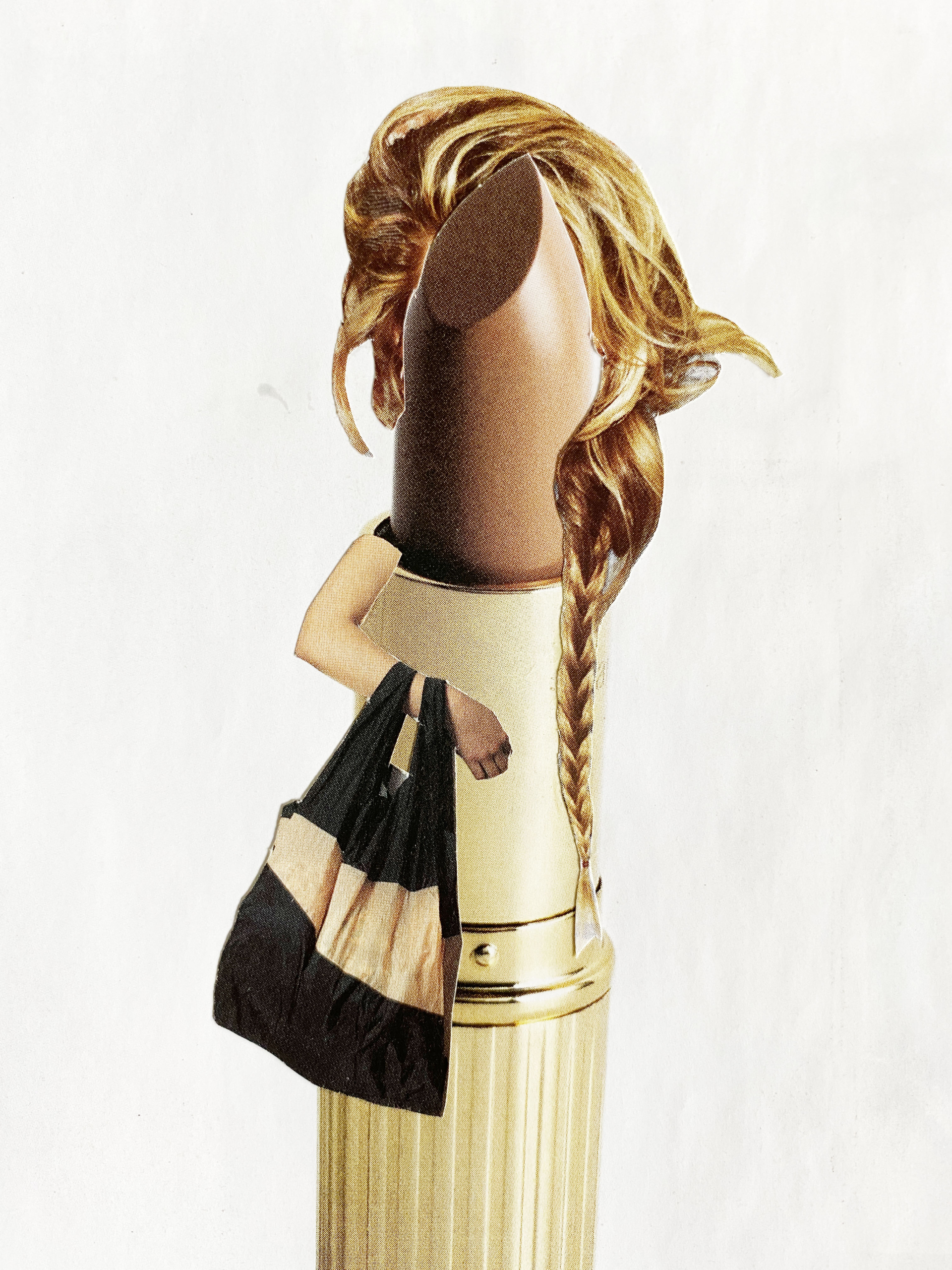“Pare down to the essence, but don’t remove the poetry” – Leonard Koren
In my last blog post, we talked about creating a list of your values, preferences, and wishes. This is your roadmap in life. Everything new that shows up, must be aligned with these values. But we can take it further – we can create a blueprint of goals. Today, I will help you find the essentials in your life by creating your blueprint of goals that includes your values, principles, preferences, in order to live a meaningful life.
Slowing down
In these times of uncertainty and slowing down, it’s quite easy to get back to the essence. Even though I don’t want to “minimize” whatever is going on – there are many people fighting for their lives, losing their jobs, or fighting for other people’s lives. But I assume you are on the Biekaleidoscope journal because you want to live a life with meaning. You might even feel a sense of relief from spending more time at home or having some distance from your office. So, I want to give these times a positive twist by focusing on how to make the best of your life.
The goal is that you learn to carefully choose between a lot of goods and a few fantastic things
Choices and distractions
Being aware of what is important in our lives makes it easier to say no to temptations and distractions. This way, you strip away the unnecessary, you can live a mindful, uncluttered life. Not only physically, but also mentally – living up to your goals and priorities. Ultimately, you learn to carefully choose between a lot of goods and a few fantastic things. It’s learning how to live with less, but of higher quality that will last a lifetime.
Create your blueprint of goals
Ask yourself these questions to create your blueprint of goals. Really listen to yourself, without thinking about money, consequences, or anything else that might limit you. Accept what comes up first – your conscience will give you an answer. Feel it in your heart, in your gut. It might be a completely random thing that never (consciously) showed up earlier.
Ask yourself these 10 questions every week or so, especially while we are in lockdown. Journaling could be helpful to keep track of your process:
- What are things I feel I am missing out on now (in times of quarantine)?
- What is the thing that matters most to me?
- Where do I want to live?
- What is my mission in life?
- What was I really excited about when I found out that I had to stay home?
- Who do I want to be as a person?
- What do I really want to do?
- Is there something I wish I had done more or less in the past?
- What are my career ambitions?
- What do I really want to accomplish before I die?

Now you have created answers that might have been simmering in the background. You no longer have to make choices based on the expectations of others (parents, school, etc.). This is a list of possible new things to consider in your life – as a job, or as projects.
You could also alter the questions to something specific. Let’s say you found out you want a new home. You could create specific questions that bring you closer to your ideal home.
Does this activity, appointment, or item contribute to my goal?
Moving forward
The question you can ask yourself when something new shows up is ‘Does this activity, appointment, or item contribute to my goal?’ A simple ‘yes’ doesn’t suffice anymore. We should only listen to the ‘fuck yes’s’ and ‘no’s’, in order to make a clear decision. If it’s not a clear ‘fuck yes’, then it’s automatically a ‘no’.
A good practice for making decisions is this exercise: give the option or idea a score between 0 and 100. Whenever you give it less than 90 points, you can automatically change it to 0 – because this is not your ‘fuck yes’. This helps us to make conscious, logical, and rational choices rather than impulsive and emotional ones.
Another practice is this: create a list of 3 basic criteria that an option or idea should meet. This works well when you have goals set for a job or home. The rule is that when the option does not meet the first criteria, the answer is an obvious ‘no’. But even when it doesn’t meet 2 of the 3 criteria, it’s also still a ‘no’. This way you really set your boundaries, don’t settle for less, and stay true to your power and authenticity.
When you eliminate the excess, you can decorate your life fully with poetry
Tying things together
You have created a roadmap of values and goals, and you have a list of your goals in life. These together create your blueprint for a conscious lifestyle. For everything that shows up, you look at your blueprint of goals and use the two exercises above to really narrow it down. Constantly ask yourself the question ‘Is this an investment that helps me achieve my goals and meets my values and preferences?’
This is how you remove the clutter from your life. It gives us space for things that are really essential in our lives, like spending time with our loved ones and taking care of our health. When we feel content with what we’re doing, and we live up to our values, it makes us more conscious and satisfied beings. And this creates even deeper connections with the people close to us.
It might take some time to get used to this way of thinking, but the advantages will last you a lifetime. It is an investment in living a meaningful life. The post starts with the quote “Pare down to the essence, but don’t remove the poetry”. To me, the poetry is your personality. When you eliminate the excess and boil your life down to how you really want it to be, your life will be filled with poetry.
Which answer makes you most excited about your future?
Thank you for reading.
We’re in this together.
~




